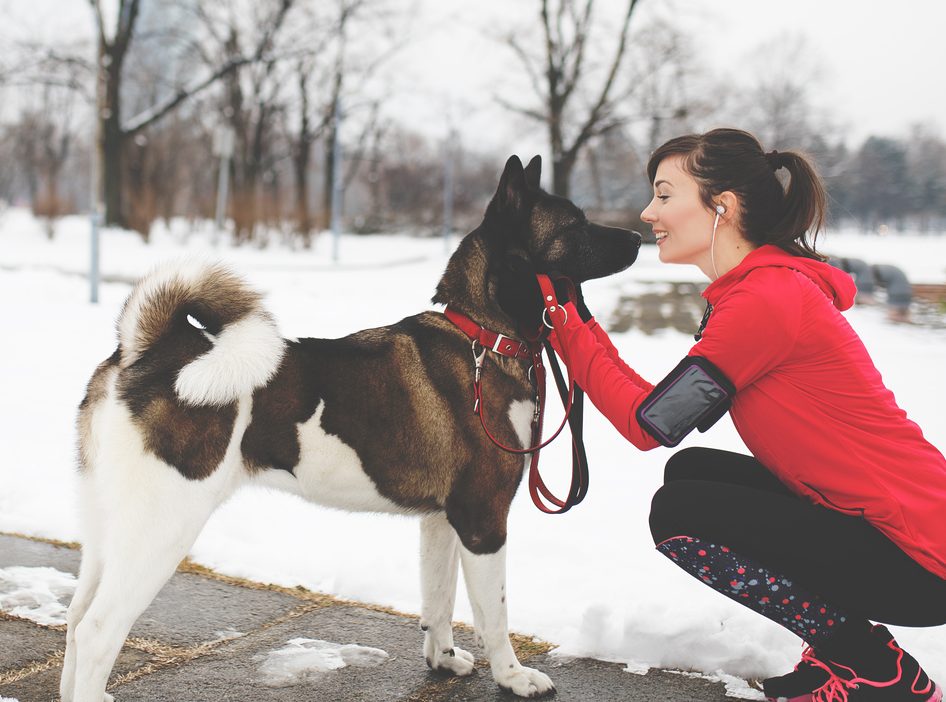When you say the words “rock salt,” New Jersey dog lovers will likely think about their pooches’ paws.
That’s because while dogs love to scamper through the snow, they might not enjoy the walk home, as the rock salt and ice melt that we spread in the wake of winter storms can be harmful to our four-legged family members.
“Most ice-melt products are a skin irritant,” veterinarian Erika Loftin told the animal-centric website The Dodo last year. “Depending on the materials used, the chemicals can cause dryness, cracking and even burns to a dog’s pads.”
Worse still, dogs can inadvertently swallow rock salt by licking their paws or lapping up snow melt. And when they do this, they’re ingesting chemicals that can be toxic. There’s more than just salt in rock salt. It contains traces of mercury and lead.
Symptoms of rock salt poisoning can include:
- Sore or raw paws
- Dehydration
- Burns on the mouth
- Pancreatitis
- Kidney and liver failure
Dogs are also at risk of ingesting antifreeze in the winter months. Signs of antifreeze poisoning – which can ultimately be fatal – include:
- Excessive drinking and urination
- Poor coordination
- Gastrointestinal troubles
- Coma and seizures
Contact your vet if your dog is displaying these symptoms, or if their paws look unhealthy.
“It is important to call your regular veterinarian for advice or visit them for treatment, especially if your dog has any burns, cracks or open wounds,” Loftin said in the Dodo interview.
You can protect your dog from rock salt in New Jersey by:
- Making sure bags of rock salt are out of reach, sealed away in dog-proof containers.
- Trying to avoid walking your dog in places where rock salt or ice melts have been spread.
- Cleaning your dog’s paws after coming back inside. You can do this by dipping their paws in a container of warm, soapy water.
- Apply paw wax to their pads if they appear cracked or dry.
- Keeping your dog away from puddles of melted snow. Drinking from them can mean ingesting ice melts.
- Getting your dog some boots to protect its paws from irritating chemicals. (It will also keep them warm when walking on freezing pavements.)
- Washing off all traces of ice melts when the weather gets warmer to minimize their effect.
- Investing in pet safe ice melt
If you’re seeking pet-friendly ice melt and rock salt, New Jersey’s Mendham Garden Center is ready to help. We carry a variety of snow and ice management supplies, from rock salt to calcium chloride pellets to ice melt.
We also sell Paw Thaw, a biodegradable product that’s designed to protect pets and plants while still providing an effective ice melt solution.
Visit us online or at one of our three locations to learn how we can keep your sidewalks – and your pets – safe this winter.

